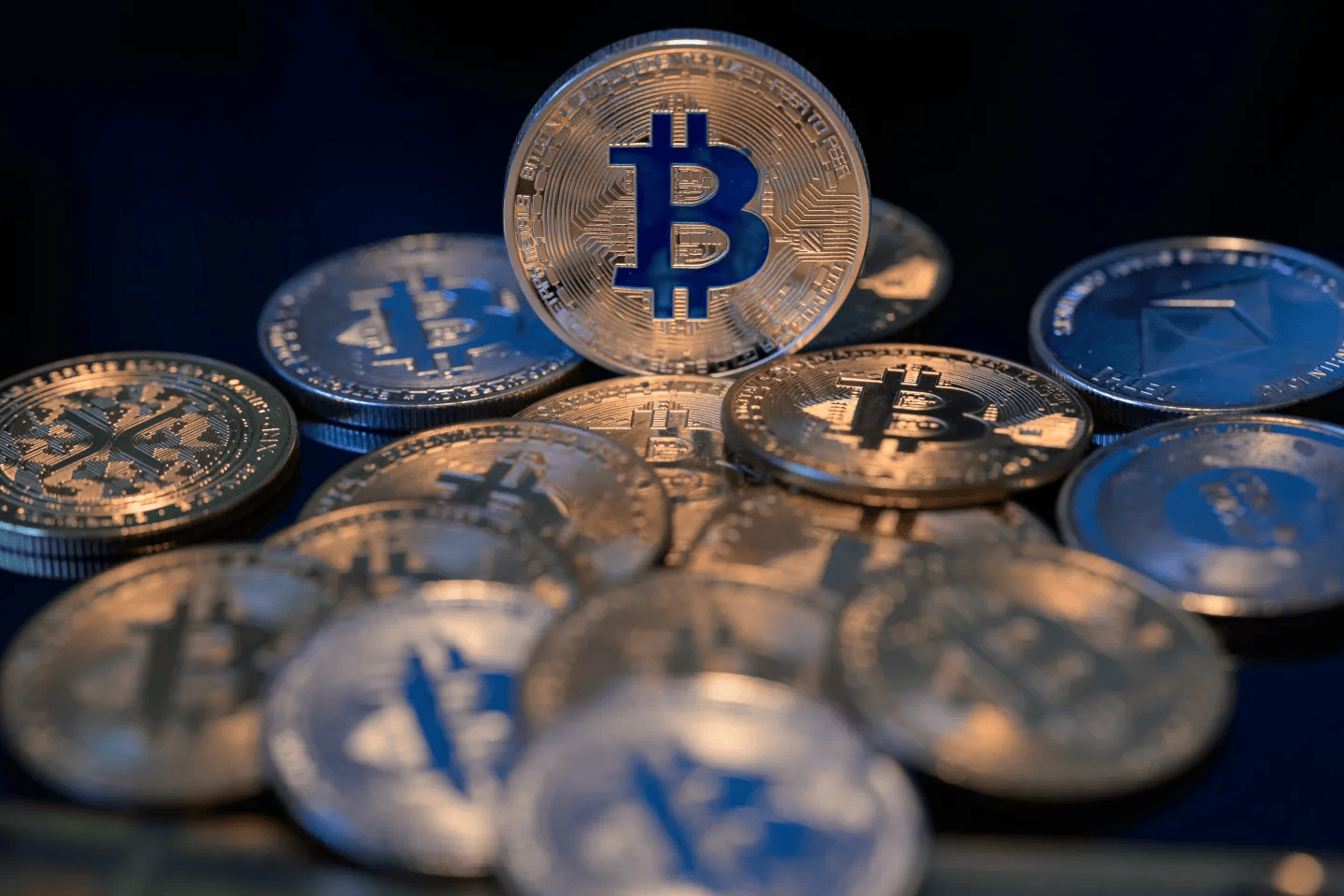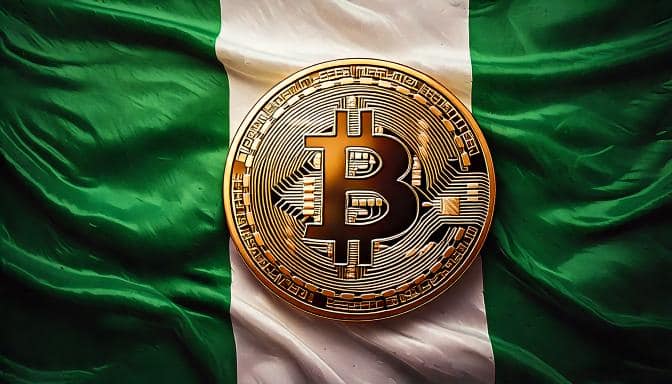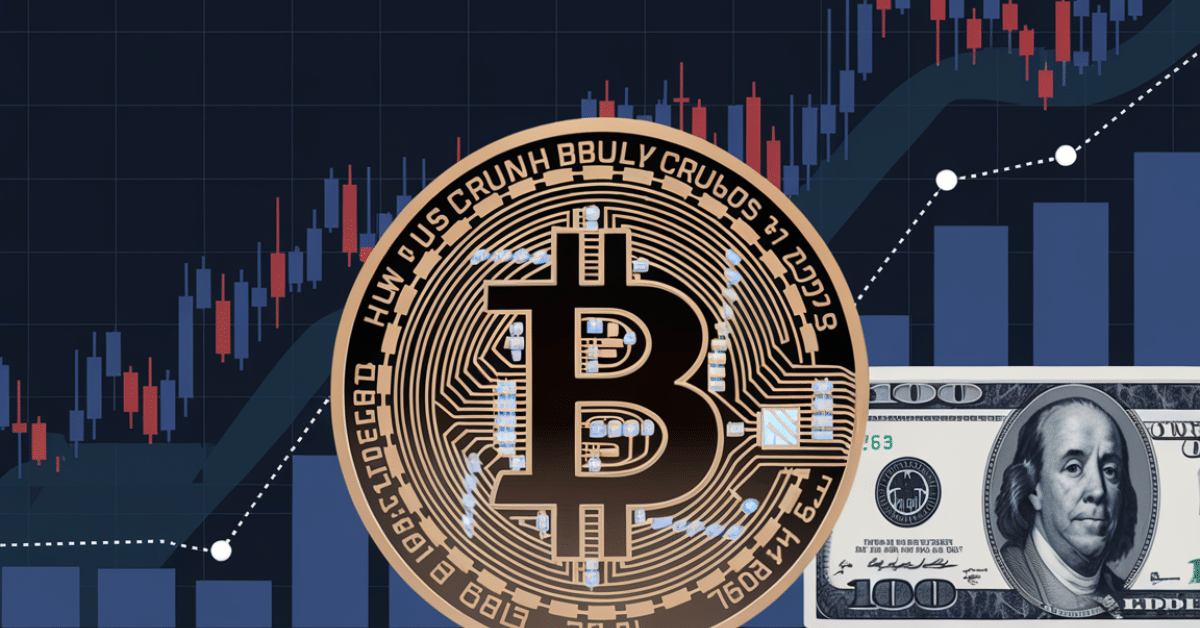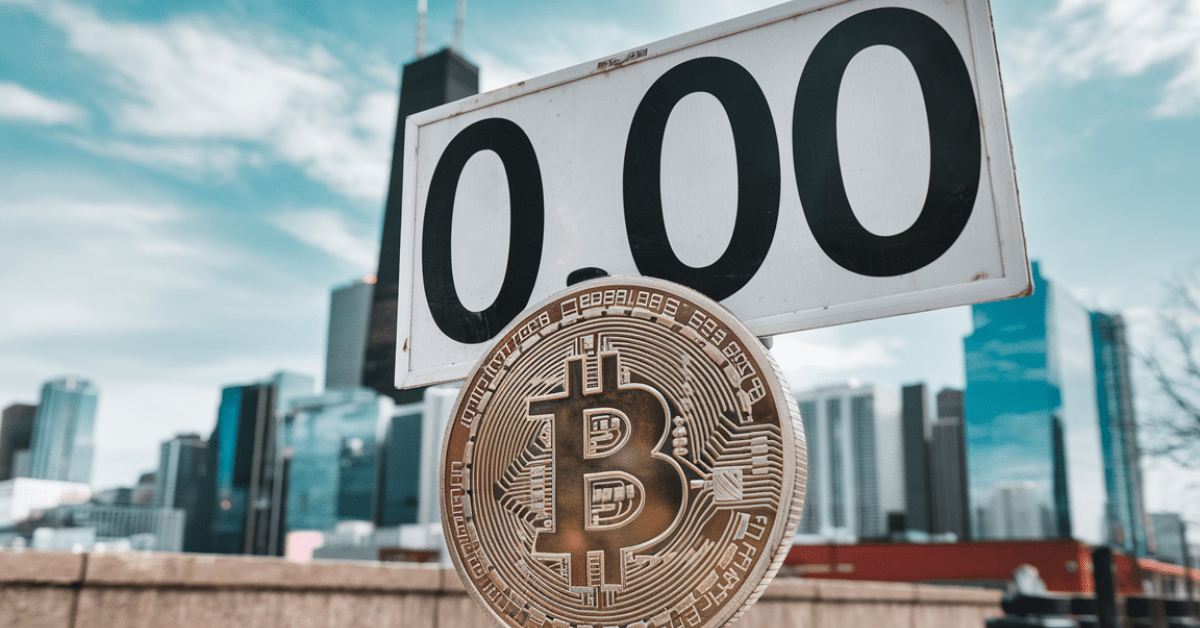Key Takeaways
- To buy crypto in Russia, pick a trusted exchange, select a legal exchange, complete KYC verification, fund your account, and decide how to store your coins securely.
- Selling is just as simple: transfer your coins to an exchange, set your price, and sell and withdraw your money.
- Stay informed on Russia’s crypto regulations, taxation rules, and secure storage practices to make sound trading decisions.
Cryptocurrency trading in Russia has adapted to challenges posed by global sanctions, with most international exchanges halting operations. Local platforms like Garantex and Bitzlato remain active, complying with Russia’s Digital Financial Assets Law, which classifies crypto as property but prohibits its use as payment.
Traders must adhere to KYC and AML rules, and profits are taxed at 13%, requiring reporting to the Federal Tax Service (FTS). This guide outlines how to buy and sell crypto in Russia within the current legal framework.
How to Buy Cryptocurrency in Russia?
Buying cryptocurrency in Russia remains accessible despite regulatory changes and international restrictions. Local platforms and P2P services now dominate the market, offering secure and compliant ways to invest in digital assets.
Choose a Cryptocurrency Exchange in Russia
With many international exchanges halting operations, local platforms like Garantex and Bitzlato and global P2P services like Binance P2P and LocalBitcoins remain the go-to options for Russian users. These platforms support Russian Rubles (RUB) and integrate well with local banking systems.
What to Look For in a Russian Exchange:
- Support for Russian Rubles (RUB): Ensure the platform allows deposits and withdrawals in RUB.
- P2P Trading: Platforms like Binance P2P allow secure peer-to-peer transactions in RUB using local banks.
- Russian-Language Support: Choose exchanges with localized services for better accessibility.
Garantex is a reliable local option with excellent RUB support, while Binance P2P is ideal for flexible payment methods.
Register and Verify Your Account
Create an account on your chosen platform and complete KYC (Know Your Customer) verification as required by Russian regulations.
Sign Up: Provide your email address and create a secure password.
Identity Verification: Submit your passport or national ID and proof of address (utility bill or bank statement). Some exchanges may ask for a selfie or video verification for additional security.
Local platforms like Garantex often offer faster verification processes tailored to Russian users.
Deposit Russian Rubles (RUB) to Your Exchange Wallet
Funding your account is straightforward using local payment methods.
Bank Transfers: Utilize the Faster Payments System (FPS) through Russian banks like Sberbank, Tinkoff, and VTB for quick and low-cost transfers.
Qiwi Wallet: A popular e-wallet in Russia for seamless deposits.
P2P Transactions: Platforms like Binance P2P let you buy crypto directly from other users, offering payment options like bank transfers or Qiwi.
Place a Buy Order
Choose the Cryptocurrency to Buy: Decide which cryptocurrency to purchase. Research the purpose and historical performance of the cryptocurrency before buying.
To buy cryptocurrency:
- Navigate to the “Buy” or “Trade” section of the platform.
- Enter the amount in RUB or the cryptocurrency quantity you wish to purchase.
- Choose your order type:
- Market Order: Buy instantly at the current price.
- Limit Order: Set your target price and wait for the market to match it.
- Confirm the transaction, and the cryptocurrency will appear in your wallet.
Secure Your Cryptocurrency
After buying, securing your crypto is crucial.
Exchange Wallets: Suitable for short-term trading but vulnerable to hacking.
External Wallets: Use hardware wallets like Ledger Nano or software wallets like Trust Wallet for better security. Always back up your private keys and recovery phrases securely.
How to Sell Cryptocurrency in Russia?
Due to international sanctions, many global exchanges no longer operate in Russia, but trusted local platforms like Garantex and Bitzlato, along with P2P services like Binance P2P, remain viable options.
Transfer Crypto to Your Exchange Wallet
To sell your cryptocurrency, first ensure it is in the exchange wallet of your chosen platform.
- If your crypto is stored in an external wallet, transfer it to your exchange wallet.
- Log in to the platform, navigate to the Deposit section, and select the cryptocurrency you wish to sell. Copy the provided wallet address.
- Use your external wallet (e.g., Ledger, Trust Wallet, or MetaMask) to send the crypto to the exchange wallet. Double-check the wallet address to avoid errors.
Platforms like Garantex and Bitzlato offer fast and reliable deposit processing times for Bitcoin, Ethereum, and stablecoins like USDT.
Select the Amount of Crypto to Sell
Once your cryptocurrency is deposited, proceed to the Sell section of the platform.
- Enter the amount of cryptocurrency you wish to sell, either in terms of the crypto itself (e.g., 0.05 BTC) or its RUB equivalent.
- Confirm the current market price displayed by the exchange to ensure it meets your expectations.
Choose the Type of Sell Order
Russian exchanges and P2P platforms offer two primary types of sell orders:
- Market Order: Sells your crypto instantly at the current market price. Ideal for quick transactions.
- Limit Order: Lets you set a specific price for your crypto. The transaction will execute only when the market price matches your target.
Use market orders for smaller transactions or when speed is crucial. For larger trades, a limit order may help you get a better rate.
Convert Crypto to Rubles (RUB) or Stablecoins
Once the sale is complete, the proceeds will appear in your exchange wallet.
- Convert to RUB: Most platforms, including Garantex, allow direct conversion of your crypto to Russian Rubles.
- Convert to Stablecoins: If you plan to reinvest or avoid holding RUB, convert your crypto to stablecoins like USDT for stability.
Withdraw RUB to Your Bank Account or E-Wallet
Now that your RUB is in the exchange wallet, withdraw it to your preferred payment method.
Bank Transfers:
- Use Russian banks like Sberbank, Tinkoff, or VTB via the Faster Payments System (FPS) for quick withdrawals.
- Funds typically arrive within minutes.
E-Wallets: Withdraw to e-wallets like Qiwi or YooMoney, which are popular for smaller transactions or frequent withdrawals.
P2P Trading: Platforms like Binance P2P enable direct RUB transfers to other users through local banks or online wallets.
FPS bank transfers remain the most reliable option for larger amounts, while e-wallets are more flexible for small or frequent withdrawals.
Popular Exchanges in Russia that are Still Operating in 2025
1. Garantex
Founded: 2019
Headquarters: Moscow, Russia
Why It’s Popular:
Garantex is one of Russia’s leading cryptocurrency exchanges, designed specifically for local users. It offers seamless P2P trading and strong integration with popular Russian payment methods like Sberbank, Tinkoff, VTB, and e-wallets such as Qiwi. Known for its user-friendly interface, Garantex is widely trusted for secure and fast transactions.
Features:
- Extensive P2P marketplace for RUB transactions.
- Fast deposits and withdrawals using local banks.
- Low trading fees and transparent pricing.
Compliance: Garantex operates legally in Russia under local KYC (Know Your Customer) and AML (Anti-Money Laundering) regulations, ensuring full adherence to Russian financial laws.
Bitzlato
Founded: 2016
Headquarters: Russia
Why It’s Popular:
Bitzlato is a prominent Russian exchange focused on P2P trading, offering flexibility for users to trade cryptocurrencies directly with others. It supports multiple payment methods, including bank transfers, Qiwi Wallet, and cash payments. Bitzlato also provides a built-in wallet for easy crypto storage.
Features:
- Supports popular cryptocurrencies like Bitcoin (BTC), Ethereum (ETH), and Tether (USDT).
- Low transaction fees and fast processing.
- Active Russian-speaking community and customer support.
Compliance: Bitzlato complies with Russian regulations, including identity verification for transactions above a certain threshold.
Atomize
Founded: 2020
Headquarters: Moscow, Russia
Focus: Tokenization and DFA Trading
Why It’s Popular:
Atomize is one of Russia’s few fully licensed platforms under the Digital Financial Assets Law (Federal Law No. 259-FZ). It specializes in tokenized assets and is primarily geared toward businesses and institutional investors. However, it is also available to individual traders looking for a secure and regulated platform.
Features:
- Offers tokenized digital financial assets (DFAs) compliant with Russian law.
- High-level security and regulatory oversight.
- Strong integration with Russia’s financial systems.
Compliance: Atomize is licensed by the Central Bank of Russia, ensuring full adherence to national laws governing digital financial assets.
LocalBitcoins (P2P)
Founded: 2012
Focus: Peer-to-Peer Trading
Why It’s Popular:
LocalBitcoins remains a popular choice for P2P trading in Russia, offering flexibility in payment methods such as cash deposits, bank transfers, and e-wallets like YooMoney and Qiwi. Its escrow system ensures secure transactions between buyers and sellers.
Features:
- Direct P2P trades in Bitcoin (BTC) and other major cryptocurrencies.
- Supports a wide range of RUB-based payment methods.
- Easy-to-use platform with localized language support.
Compliance: Operates under global KYC and AML standards, requiring ID verification for larger transactions.
Huobi Russia (Localized Operations)
Founded: 2018 (Huobi Global); Russian operations localized in 2023.
Focus: Trading Platform and P2P Services
Why It’s Popular:
Huobi has tailored its services for Russian users with localized support and payment integrations. The platform supports RUB deposits through P2P trading and third-party payment processors, offering a wide range of cryptocurrencies.
Features:
- Supports over 200 cryptocurrencies, including Bitcoin, Ethereum, and stablecoins.
- Advanced trading options like staking and margin trading.
- Russian-language support and mobile app.
Compliance: While not directly based in Russia, Huobi complies with Russian financial regulations and offers KYC for P2P services.
Binance (P2P Services Only)
Founded: 2017
Focus: Peer-to-Peer Trading in Russia
Why It’s Popular:
While Binance has scaled back many of its direct operations in Russia due to international sanctions, its P2P marketplace remains active. Russian users can trade cryptocurrencies like Bitcoin (BTC) and Tether (USDT) directly with other individuals using local banks such as Sberbank and Tinkoff.
Features:
- Zero-fee P2P trades in RUB.
- Access to over 300 cryptocurrencies for trading and investment.
- Reliable escrow system for secure transactions.
Compliance: Binance P2P adheres to Russian laws for user verification and payment integration.
Regulations and Taxations for Cryptocurrency Exchanges in Russia
Regulations:
- Cryptocurrency is treated as property under the Digital Financial Assets Law (Federal Law No. 259-FZ).
- Exchanges must comply with local KYC and AML requirements.
- Cryptocurrency cannot be used as a legal payment method for goods and services.
Taxation:
- Profits from cryptocurrency sales are subject to a 13% income tax in Russia.
- Users are required to keep records of all transactions for accurate reporting to the Russian Federal Tax Service (FTS).
Conclusion
Buying and selling cryptocurrency in Russia has become much easier with the rise of reliable local platforms like Garantex and Bitzlato, as well as Binance P2P for peer-to-peer transactions. While many global exchanges no longer operate in the country, these services provide secure options for trading cryptocurrencies like Bitcoin, Ethereum, and stablecoins in compliance with local laws. The market may have its challenges, but it still offers plenty of opportunities for those willing to adapt.
By using trusted platforms and following the steps in this guide, you can safely navigate the crypto market in Russia. It’s essential to stay informed about the latest regulations, taxation policies, and platform updates to avoid legal or financial pitfalls.























